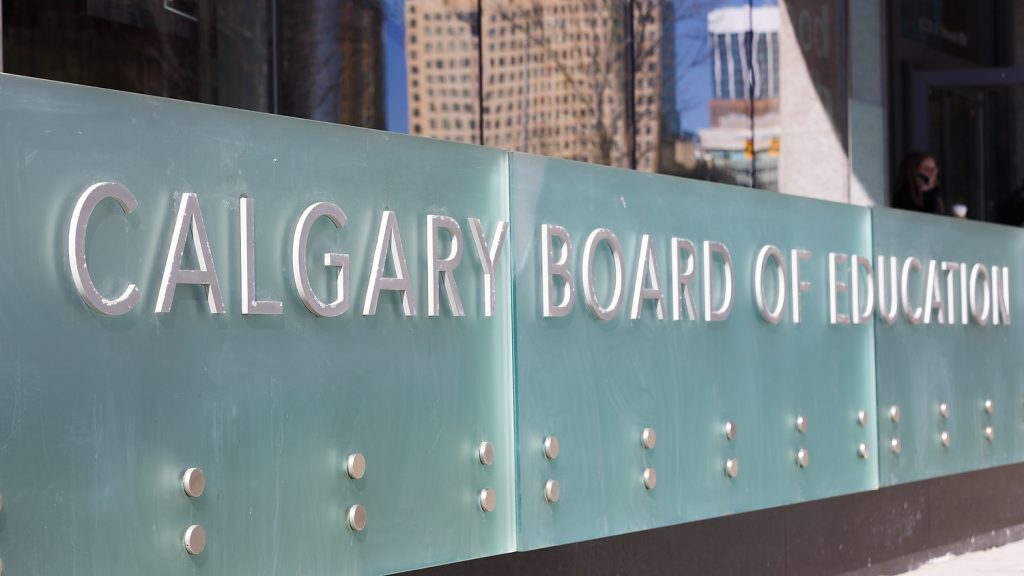Calgary Board of Education not cancelling U.S. trips amidst trade war

Posted Apr 11, 2025 2:03 pm.
Last Updated Apr 11, 2025 3:24 pm.
Calgary’s largest school board says it doesn’t plan on cancelling any school trips south of the border amid rising tensions between Canada and the U.S.
British Columbia’s largest school district in Surrey and New Brunswick’s largest French school district recently cancelled plans for their students to travel to the U.S. due to concerns about the border and the current socio-political environment.
660 NewsRadio reached out to CBE for their views on the matter and said in a statement:
“At this time, we are not considering cancelling scheduled school trips to the United States. There are two schools scheduled to travel to California in the coming weeks to participate in immersive music experience programs.
Student and staff safety is our top priority. Student trips to other countries are always monitored and can be cancelled at any time. The CBE follows a rigorous process for all international travel and we continually monitor travel advisories for all destinations and respond to any change.
The Government of Canada travel advisory website currently lists the United States as green – “Take normal security precautions”.
Parents always have the ability to withdraw their child from participating in any trip, however, there could be financial implications depending on the reasons for that withdrawal.”
Though Canada’s website does say it’s safe to travel to the U.S., they updated their advisory last week to say that there will be more scrutiny at the border, additional steps for visa applications and more proof required about status.
On March 3, Jasmine Mooney, 35, was going into the U.S. from Mexico for a consulting job, but was denied entry into the U.S. and put in a U.S. detention centre.
Her mom, Alexis Eagles, said that Mooney was detained by Immigration and Customs Enforcement (ICE) and held at the border for three nights before being transferred to several detention facilities, including centres in California and Arizona.
Starting in late last year, then president-elect Donald Trump starting making online posts about how he would like to see Canada become the 51st state. He also has said that America subsidizes Canada over one hundred million dollars a year.
Last week, Trump confirmed he is going ahead with 25 per cent tariffs on automobile imports, which were added to existing 25 per cent tariffs on all steel and aluminum imports into the U.S., including from Canada.
Both Canada and Mexico remain under the threat of economywide duties Trump has linked to the flow of fentanyl across the borders.
A report by the Centre for Future Work however suggests that America’s bilateral trade deficit with Canada, which was one of Trump’s main reasons for the tariffs, is offset by loans that Canada gives to the U.S.
The report says that Canadian lenders are actually the ones subsidizing the U.S. in at least three ways; through energy exports, net imports of digital services, and low-interest loans from Canadian investors that give the U.S. purchasing power fully equivalent to the bilateral trade deficit.
Canadians visiting the U.S. also helped, but that might change due to Canadians canceling trips to the U.S. because of Trump.
Numbers by Statistics Canada show that return trips by Canadians from the U.S. have decreased, especially by car.








